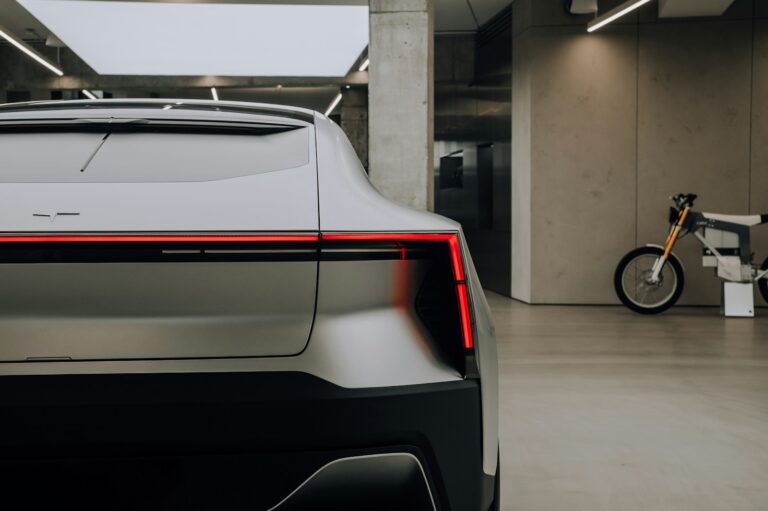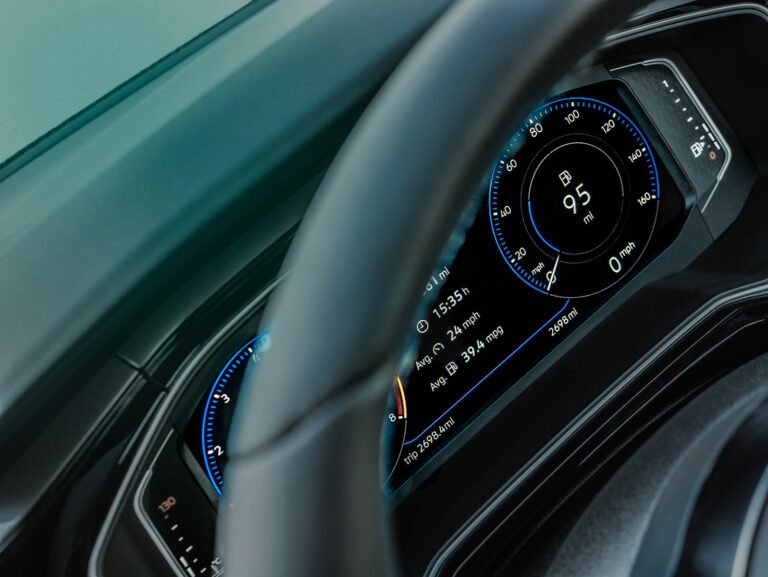Fueling Industry: Engines Driving Economic Growth and Transformation
Engines are the unassuming workhorses that have powered humanity’s ascent through the Industrial Revolution. Since the earliest steam machines to the most cutting-edge electric motors, engines have been the heart of every mechanical innovation, fueling economic growth and transforming industries at their very core. The automotive sector, in particular, has been a touchstone for understanding the engines of growth that drive us forward.
In exploring the impact of engines on economic transformation, we consider not just the pistons and gears that literally drive the wheels of industry, but the broader implications of motorized power for commerce, transportation, and technology. Here, we dissect the historical narrative that led to the engine boom, analyze its current role in propelling economies, and peer forward into the future where new engine technologies are set to redefine global commerce and sustainability.

Historical Significance
Engines have been integral to the three industrial revolutions, shaping and cementing the engines’ role in economic progression. The first revolution, powered by water and steam engines, laid the groundwork for mechanization in industries hitherto dependent on manual labor. The second, with the advent of electric power, extended the reach and scope of factories and mass production, driving unprecedented growth in the early 20th century.
The third and ongoing revolution, marked by digital and automation technologies, is further streamlining production processes and yielding a knowledge-based economy. The engines of the future are not simply mechanical, but are fused with digital capabilities and operate on such advanced mechanisms that they stride the boundaries of what we’ve known before.
Engines in the Modern Economy
From internal combustion engines that drive transport vehicles to industrial engines powering the manufacturing sector, the modern economy is heavily reliant on engines. These marvels of engineering are the backbone of global supply chains, rendering distance and speed no longer barriers to trade and commerce.
The role of engines in the agricultural sector is equally profound. Tractors, harvesters, and other farming machinery continue to refine the farm-to-table process, boosting efficiency and increasing productivity. Even in the service sector, engines in the form of electricity generators are indispensable, ensuring a steady supply of power essential for operations.
Economic Growth Catalyst
Engines are not just mechanisms of productivity; they are also potent catalysts for economic growth. Globally, the contribution of the automotive industry alone accounts for a substantial portion of the gross domestic product (GDP) of many economies. Engine innovations not only drive down production costs but also spur further advances in ancillary technologies, from enhanced materials to electronic systems, creating a ripple effect of growth.
Employment statistics also reflect the engines’ contribution to the economy, with the manufacturing and service of engines supporting millions of jobs worldwide. Engine technology keeps the wheels of the economy turning, creating a marketplace that rewards innovation and drives competition.
Transformational Technologies
Advancements in engine technology are barometers of change. From the development of more efficient and powerful engines to the ongoing research in electric and hydrogen-based engines, these innovations have the potential to restructure entire industries. The transition towards sustainable and clean energy is one of the most profound transformations the engine sector is currently undergoing.
Green engine technologies promise not only to mitigate the environmental impact of industrialization but also to open new frontiers of economic activity. The advent of electric vehicles and the infrastructure that supports them are cases in point, with the potential to reshape not just the automotive sector, but also the energy sector.
Case Studies
The impact of engines in transforming industries can be observed through various case studies. The aviation industry transition from propeller-driven aircraft to jet engines revolutionized air travel, making it one of the most popular modes of long-distance transport. Similarly, the shift from steam locomotives to diesel and electric engines transformed the rail transportation sector, increasing efficiency and speed.
Recent innovations in hybrid cars and the surge in electric vehicle adoption are rewriting the rules of the automotive industry. Companies at the forefront of these changes are reaping the rewards, carving out new markets and disrupting traditional business models.
Future Outlook
Looking ahead, engines will continue to be pivotal in shaping the future global economy. The transition towards renewable sources of energy is not just an environmental necessity but also an economic imperative. The development and integration of technologies like fuel cells, that use hydrogen to produce electricity with water as the only by-product, hint at possible engine renaissance that could fuel a new wave of growth.
The growing interconnectivity and the rise of the Internet of Things (IoT) are also poised to provide engines with unprecedented data and control, propelling the engine industry to new heights of economic influence. The potential for innovation in engine design and performance to improve human life and push economic boundaries further underscores their criticality.
Conclusion
Engines are more than the sum of their mechanical parts; they are the propellers of the economy. Throughout history, they have been the driving force behind economic revolutions, and today, they continue to stand as emblems of progress and potential. The transformational power of engines in our modern industrial landscape and their exciting potential in the future highlight their undiminished value in spurring economic growth and shaping the paths of nations and industries.
Recognizing the underpinning role of engines in our economic story is crucial as we move forward, steering toward a sustainable and vibrant future. The engines driving our vehicles and industries are the symbolic heartbeats of an economy in motion, and as we innovate and adapt, they promise to continue fueling our ascent.







